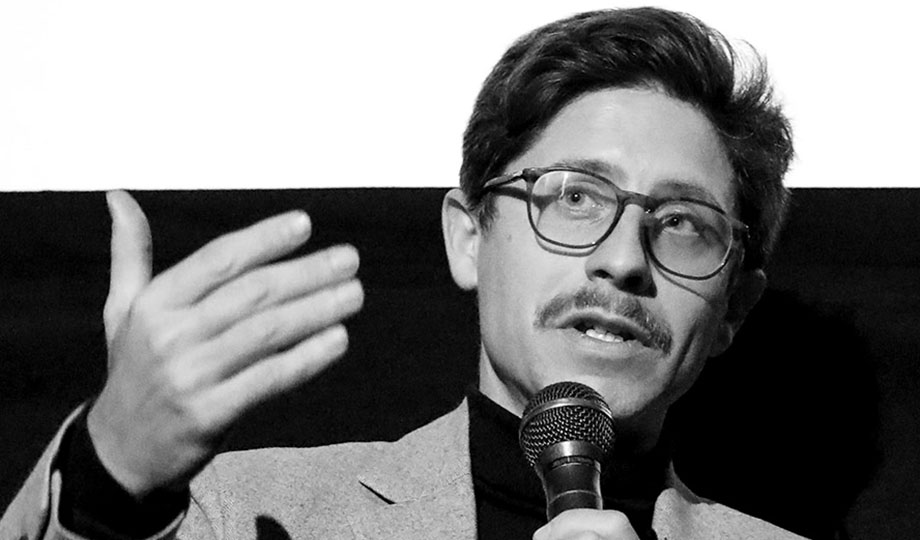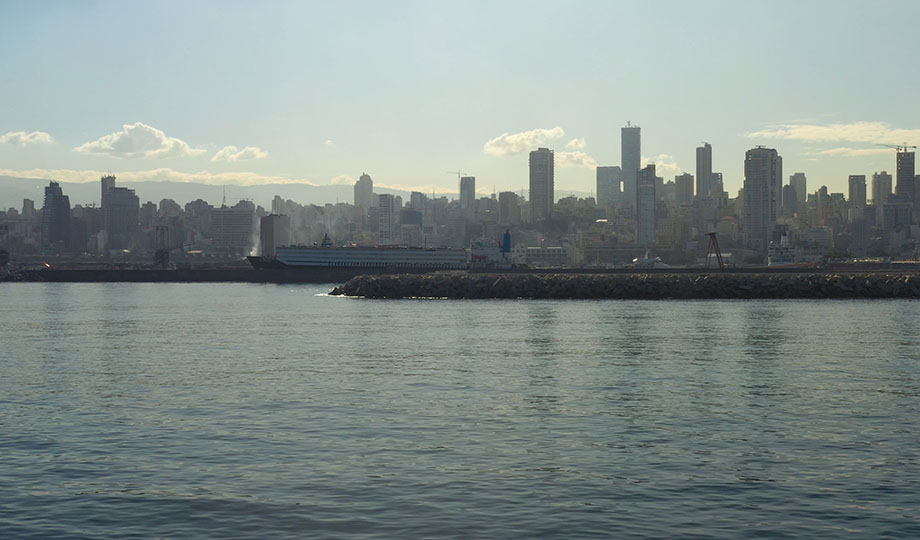Striking documentary by Brunel film-maker depicts desperate final mission to find missing war victims and bring families and the nation itself as close as it can to closure
During Lebanon’s 15 year-long civil war about 17,000 people vanished. Many were ordinary innocent people caught in the crossfire, kidnapped or killed in detention centres. Militias systematically enforced disappearances simply to terrorise people.
Forty years on, as memories fade and property developers continue to build over likely mass graves, the chances of uncovering what happened to ‘the disappeared’ swiftly slip away.
Sites of what are thought to be mass graves now house coffee shops, schools, luxury flats, motorways or farmland.
Yet the new National Commission for the Disappeared injects some hope that these sites will be investigated and one day the remains will be returned to families.
A feature-length documentary on show globally, The Soil and The Sea, charts the beginnings of this last-ditch attempt to find victims, exploring the link between gravesites hiding everyday buildings and the 100-plus mass graves scattered around the country.
“The families are caught in what psychologists call ambiguous loss,” said director, Daniele Rugo, Professor of Film at Brunel University London. They can’t accept the death of their loved one when there’s no body. So “the disappeared remain present and absent at the same time. It is a particularly traumatic experience on a family and individual level,” said Prof Rugo, pictured. “And at a societal level, a society that accepts 17,000 of its members have been disappeared and nothing has been done about it clearly carries a heavy, heavy burden and cannot move on from the conflict.”


The long-lobbied-for government commission set up in 2020 aims to exhume the clandestine graves, protecting them from development or damage until then. Where victim’s remains can’t be found, it seeks to uncover where the people disappeared and what happened to them before they were killed, executed or died.
Made in collaboration with Non-governmental organisation, Act for the Disappeared, The Soil and The Sea takes stories from eyewitnesses and relatives of the disappeared who are still looking for their loved ones. Through the film, the team wants to help the national commission clarify the fates of the disappeared and raise awareness worldwide.
Its title gives viewers a glimpse into how bodies were scattered, said Bassel Bou Monsef at Act for the Disappeared. “Locations may be concealed under ordinary places like schools, highways and monasteries. Others were sadly thrown into the sea, turning it into a huge gravesite. By researching and documenting such locations, we hope we can contribute to the clarification of the fate of the missing and forcibly disappeared whose families are still waiting for answers, whether under the soil or the sea.”
In what Prof Rugo says left ‘one of the most open wounds in the country’, the fate of the disappeared has until now been met with silence. There may be many reasons. Lebanon is in an unprecedented financial collapse without a president amid ongoing outbursts of violence. Violating Lebanese sovereignty, neighbouring Israel flies fighter jets and drone over the border daily. Maybe more significantly, militia leaders who fought during the15-years long Civil War are now political leaders and possible perpetrators. “It was a state-enforced amnesia,” said Prof Rugo. “One the international community in some ways was happy to go along with.”
It was difficult in the three years making the film to find people willing to speak, said Prof Rugo. Anyone who does is anonymous, and there are no faces, only landscapes. Some areas are sensitive still and difficult to access. And obviously, the stories are deeply distressing.
First shown in Lebanon, Egypt, Jordan and Palestine, The Soil and The Sea premiered in the UK this month and will be screened in Italy, France, Portugal, and the US. In Lebanon where there is a large community of suffering, the film gives people their first chance to be seen or acknowledged. Yet it resonates powerfully worldwide. “I think, this is because mass graves and disappearances are a feature of almost every conflict whether global conflict like World War Two or civil conflicts like Colombia, Bosnia, The Ukraine, Iraq, Mexico,” Prof Rugo explains.
“Unfortunately, these stories can be really mapped on to experiences by families all over the world.”
The Soil and The Sea is available to stream from Curzon Home Cinema